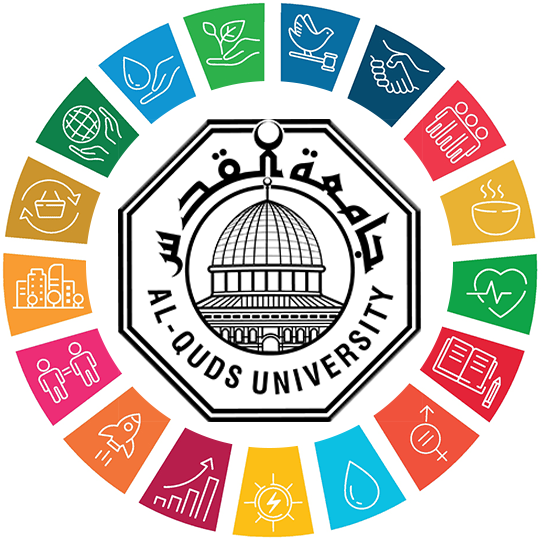The United Nations’ Sustainable Development Goals (SDGs) provide a universal framework to address global challenges such as poverty, inequality, climate change, and environmental degradation. As institutions of higher education, universities play a crucial role in shaping the future leaders who will drive sustainable development. By incorporating the SDGs into their curriculums, universities can foster a generation of graduates equipped with the knowledge, skills, and motivation to tackle these pressing issues. This article will discuss the importance of integrating the SDGs into university curriculums and highlight the various ways in which this can be achieved.
Raising Awareness and Understanding:
A key objective of integrating the SDGs into university curriculums is to raise awareness and understanding of the global challenges facing humanity. By familiarizing students with the SDGs and their targets, universities can foster a sense of global citizenship and responsibility. This heightened awareness will encourage students to consider the broader implications of their actions and choices, both personally and professionally, ultimately contributing to a more sustainable and equitable world.
Developing Relevant Skills:
To successfully address the complex, interconnected challenges outlined in the SDGs, students need to develop a range of relevant skills. Universities can facilitate this by incorporating problem-solving, critical thinking, collaboration, and communication into their curriculums. These skills, along with subject-specific knowledge, will enable graduates to identify sustainable solutions, collaborate across disciplines, and advocate for positive change in their chosen fields.
Promoting Interdisciplinary Collaboration:
The SDGs recognize that the world’s challenges are interconnected and require interdisciplinary solutions. By incorporating the SDGs into curriculums across various disciplines, universities can promote collaboration between students and faculty from different fields. This interdisciplinary approach can lead to innovative solutions, foster a deeper understanding of the complexities of sustainable development, and prepare students for the increasingly interconnected nature of the global workforce.
Encouraging Research and Innovation:
Universities are hubs for research and innovation, making them well-positioned to contribute to the achievement of the SDGs. By integrating the goals into research agendas and supporting projects that address the SDGs, universities can generate new knowledge and drive innovation in sustainable development. This focus on research will not only contribute to global progress but also provide valuable learning opportunities for students.
Engaging in Community Outreach and Partnerships:
Incorporating the SDGs into university curriculums goes beyond classroom learning. Universities can also engage in community outreach and establish partnerships with local organizations, government agencies, and businesses to tackle sustainability issues on a local level. These collaborations provide students with practical, hands-on experience and allow them to apply their knowledge and skills in real-world settings, further preparing them for their future roles as changemakers.
Integrating the Sustainable Development Goals into university curriculums is essential for shaping the next generation of leaders who will drive sustainable development. By raising awareness, developing relevant skills, promoting interdisciplinary collaboration, encouraging research and innovation, and engaging in community outreach, universities can empower their students to make a tangible impact on global challenges. The SDGs offer a roadmap for a more sustainable and equitable world, and it is the responsibility of universities to equip their graduates with the tools and knowledge necessary to navigate this complex journey.
